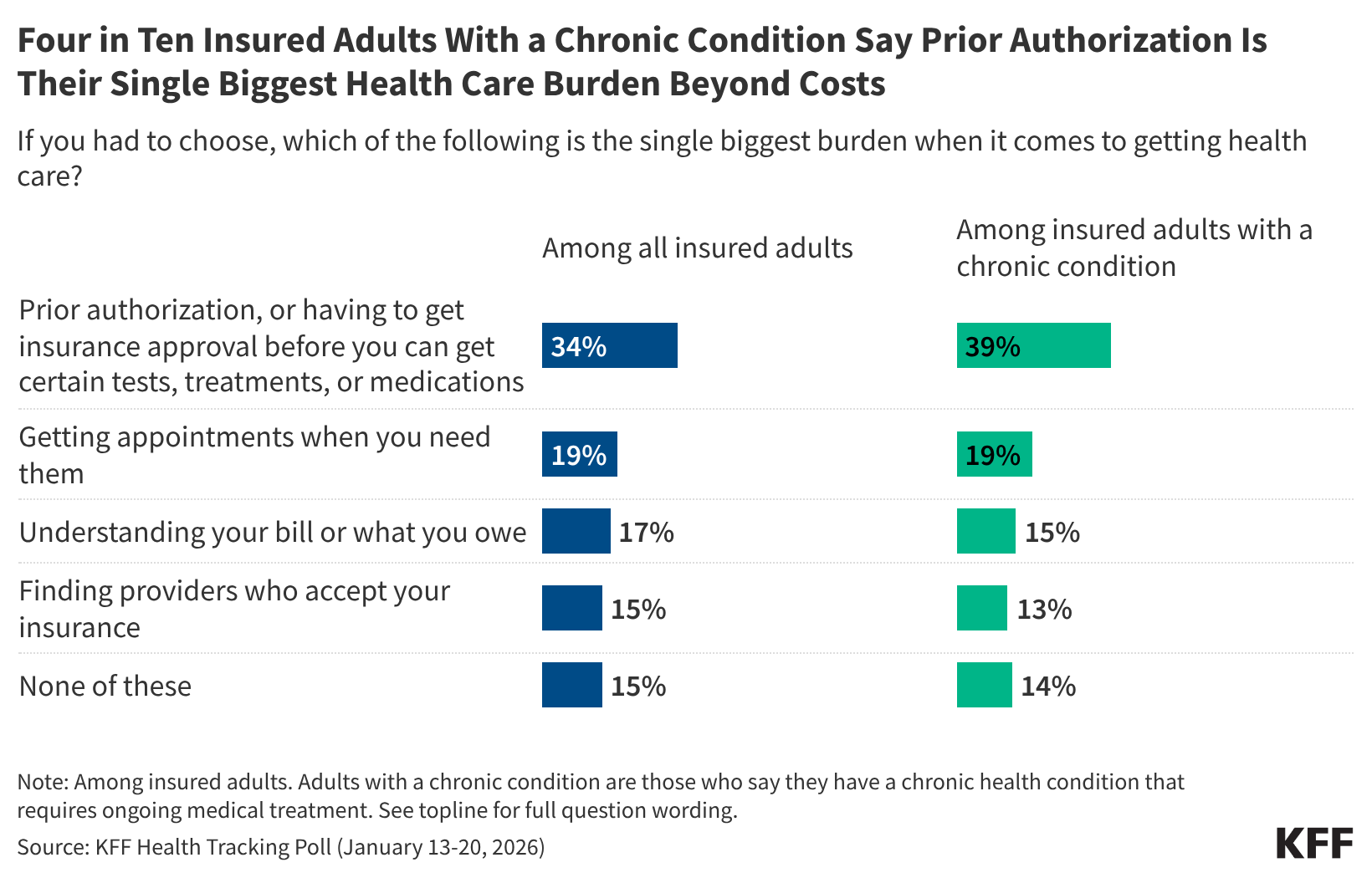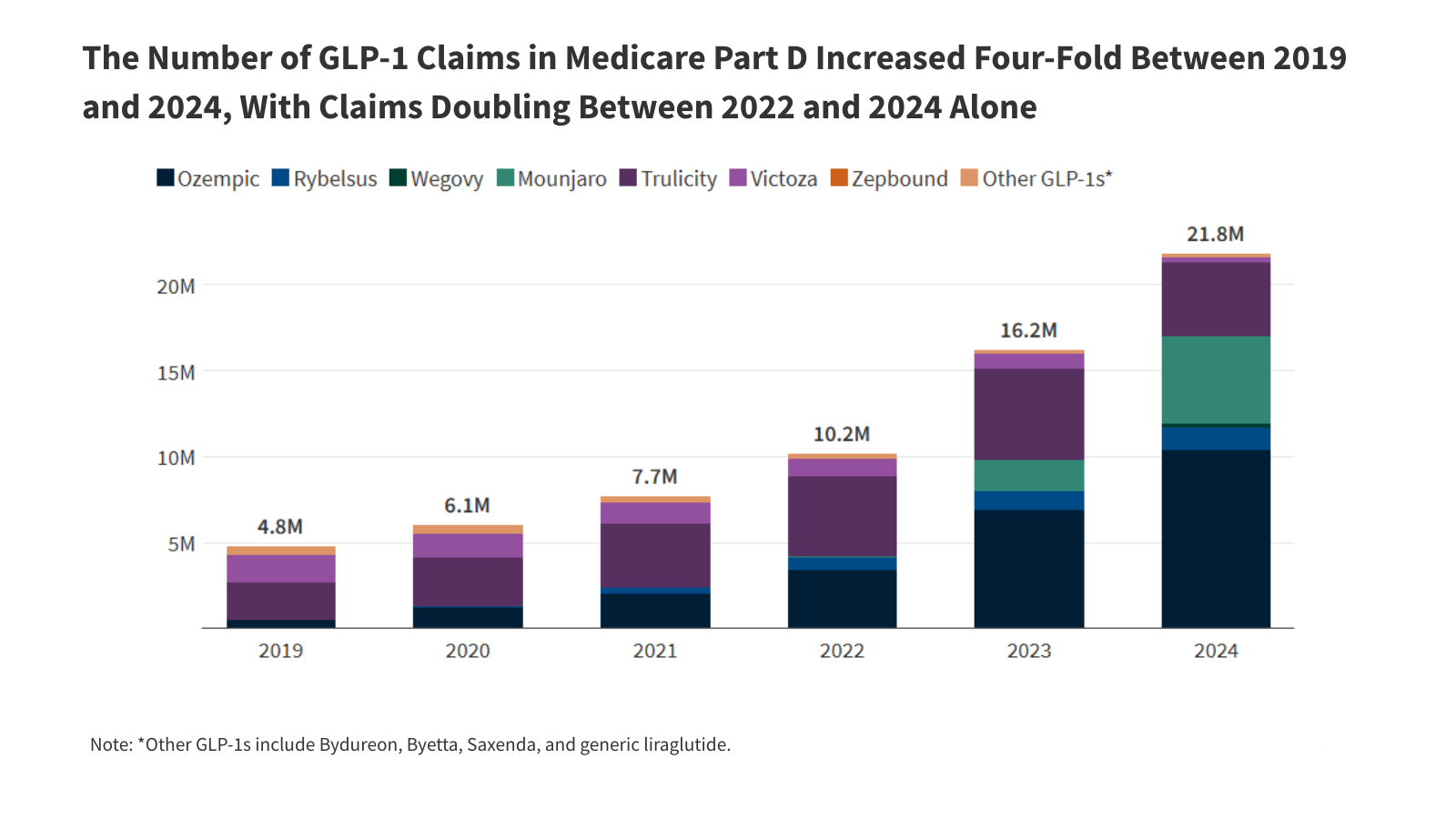LAS VEGAS—ICHRA hype was in the air at the 2025 HLTH conference this week.
Individual coverage health reimbursement arrangements, or ICHRA, allow employers to offer workers a stipend to select a plan in the individual marketplace, rather than having them opt into a benefit package built for the company. The model is gaining traction with smaller businesses, particularly firms that may have been unable to offer health coverage at all otherwise.
Centene CEO Sarah London acknowledged during a panel that the jury is still out, however, for large and jumbo employers that are used to providing workers with health coverage. She said, though, that seeing one major employer embrace ICHRA may be the key to breaking the dam wide open.
The insurer is itself a jumbo employer, given its more than 60,000 employees. And the team believes so strongly in ICHRA’s potential that it’s offering one to all of its workers next year—London even said she’s making the switch herself.
“I am so bullish on this that I am actually stepping off our group plan and going to join the individual marketplace in 2026 as well, to test and learn this theory, because we think it’s a better benefit option for our employees,” she said.
Centene is one of the largest players in the individual marketplace, and firms that have large Affordable Care Act plan populations have only gotten louder in their calls for the industry to buy into ICHRA. Janet Liang, president of insurance for Oscar Health, another major ACA insurer, told Fierce Healthcare that part of the hesitancy is just how much infrastructure is built around the more traditional employer-sponsored model.
Large firms have broad benefits teams and human resources departments, and work closely with brokers to determine what kind of coverage to provide, she said. The bidding process in place also requires a lot of manpower.
“I think it’s just the inertia from change,” she said. “It’s a big shift for people to think about this, but the country did go through a shift from pensions to defined contribution plans, right? So for me, it’s the same idea.”
Liang said that in addition to offering enrollees greater choice in their coverage options—Oscar, for example, offers multiple plans built to support people with specific disease states—it also allows them more long-term continuity in their coverage, as they could stay on the same plan even if they leave their job.
Employers’ healthcare costs are also steadily rising, and there are signs that shifting costs to employees is on the rise. Moving workers into the individual market can smooth out that risk pool, as the overall group is far larger than just one employer’s member base, she said.
Alan Silver, president of Centene’s ICHRA-focused arm Ambetter Health Solutions, told Fierce in an interview that his team operates separately from the insurer’s broader marketplace division, allowing it to drive in its own lane as a unique product.
“We have not been operating with me kind of developing this thing under the marketplace umbrella,” he said. “This is something different and new, and will require us to think differently than we have in the past.”
London has made it clear within Centene that ICHRA is a top-down priority, with Silver joining the company in January to really show that the company is putting its stake in the ground here. He said that in talking with employers, the broader message is that the individual marketplace is thriving and dynamic in a way that traditional commercial benefits generally are not.
Those conversations come with some level-setting about what the ACA market is and isn’t, he said, as some still think of the disastrous launch of the exchanges in 2014. The team’s independence from the marketplace efforts can help assuage some of those fears as well, Silver said.
“Our mission is to put them in something that’s dynamically changing over time,” he said. “Because instead of us trying to figure out how to do what an employer needs, we’re listening to the feedback of an employee who is actively using the healthcare.”
London’s panel did touch on one area where the branding may snag: the name itself. Moderator Christina Farr, a long-time healthcare journalist who’s now a managing director with Manatt Health, said anything with “ick” in the name may face some headwinds.
London said that it may be time to shift to “CHOICE,” based on the name of the legislative effort to support ICHRA. CHOICE stands for Custom Health Option and Individual Care Expense, essentially another way to describe what ICHRA does.
“It was clearly a reverse-engineered acronym,” London joked. “But I’m all about reverse-engineered acronyms.
Publisher: Source link










